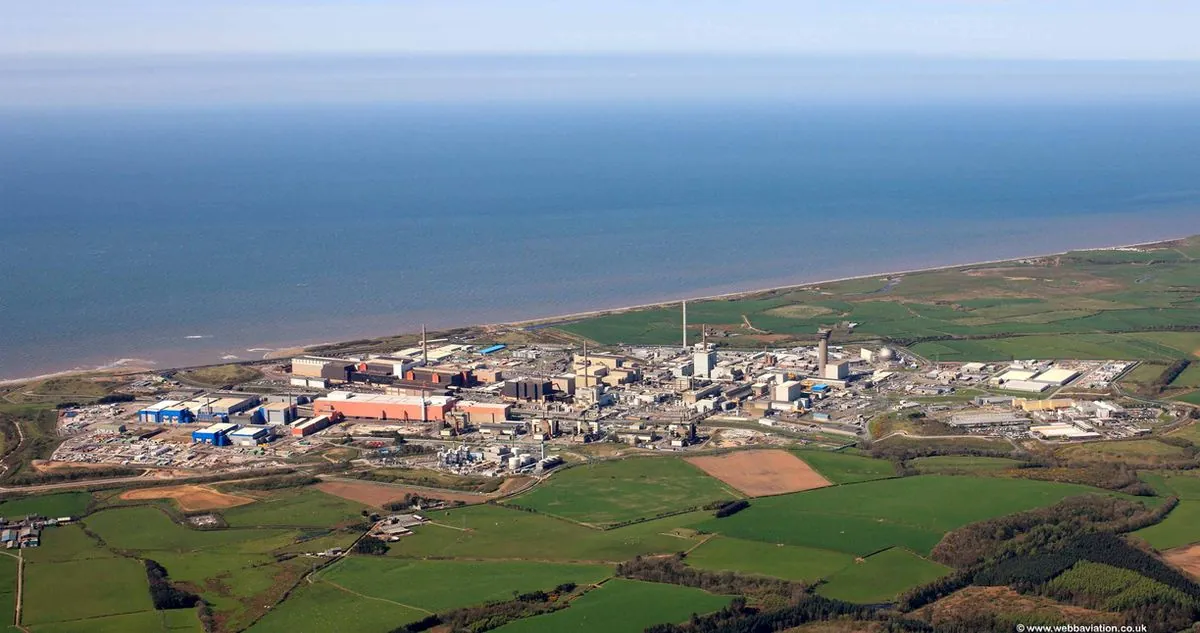Ed Miliband, the UK's Energy Secretary, faces a critical decision regarding a 140-tonne stockpile of radioactive plutonium at Sellafield, Cumbria. Industry experts are advocating for its preservation as a potential energy source, challenging the Nuclear Decommissioning Authority's (NDA) inclination towards permanent disposal.
The plutonium, a byproduct of nuclear power generation, has been accumulating for decades. The NDA, established in 2004, has been evaluating options for this material for two decades. Their preferred approach, known as "immobilization," involves burying the plutonium deep undersea, effectively rendering it inaccessible.
However, this proposal faces opposition from industry insiders and some government officials. They argue that the plutonium could serve as a valuable fuel source for future nuclear reactors, particularly Advanced Modular Reactors (AMRs) being developed by British companies. One industry source stated, "Disposing of this plutonium would be economically imprudent and against national interests."
The disposal process would involve encasing the plutonium in glass or ceramic, enclosing it in steel and concrete, and burying it in a reinforced undersea facility. While no such facility currently exists in the UK, three potential sites are under consideration, including one near Sellafield.
Andrew Bowie, who served as nuclear minister from February 2023 to July 2024, provided insight into the government's previous stance. He explained that the decision was postponed to maintain flexibility, acknowledging the potential commercial applications of the plutonium. Bowie emphasized the importance of supporting British industry in this sector.
The UK's nuclear landscape has evolved significantly since the opening of its first commercial nuclear power station, Calder Hall, in 1956. The country once led in nuclear fuel reprocessing, but the last such facility at Sellafield closed in 2022. This closure has implications for the UK's ability to manage and potentially reuse nuclear materials.
David Landon, CEO of MoltexFLEX, highlighted the untapped potential of spent nuclear fuel. He noted that modern advanced reactors could utilize this material, potentially addressing global energy challenges and improving nuclear waste management.
"Fuel that has been in reactors is a potential energy resource. Some has already been converted to plutonium and is available as fuel feedstock. Other spent fuel is currently designed for long term storage for tens of thousands of years, but could be recycled to recover the 'goodness' for use as fuel in modern advanced reactors."
The UK government, through the Department of Energy Security and Net Zero, acknowledges the importance of addressing the plutonium stockpile. A spokesperson stated, "We are committed to the nuclear sector in West Cumbria, and to the local community. We are working with the Nuclear Decommissioning Authority to find a solution to put the plutonium stored at Sellafield beyond reach and will share more details in due course."
As Ed Miliband prepares to make this consequential decision, he must balance safety concerns, economic potential, and the UK's long-term energy strategy. The outcome will significantly impact the future of Britain's nuclear industry and its role in the global energy landscape.
